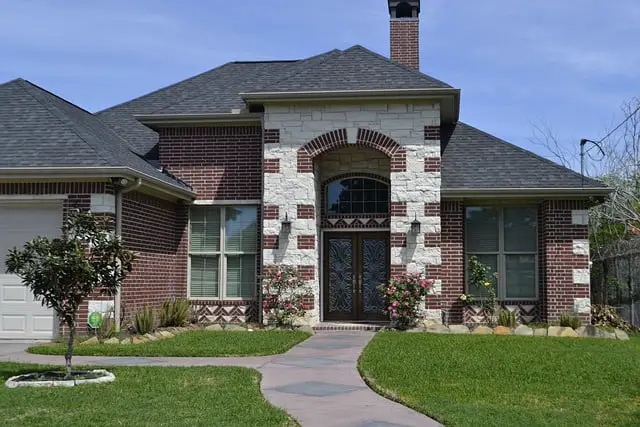
How to Optimize Energy Efficiency in Real Estate Development
Introduction
Energy efficiency is a crucial aspect of real estate development that can help reduce energy consumption, lower utility bills, and minimize the carbon footprint of buildings. In today’s world, where environmental concerns are at an all-time high, optimizing energy efficiency in real estate development has become more important than ever. In this article, we will discuss some effective ways to optimize energy efficiency in real estate development.
Why is Energy Efficiency Important in Real Estate Development?
Energy efficiency is important in real estate development for several reasons. Firstly, it helps reduce energy consumption, which in turn lowers utility bills and saves money for homeowners and tenants. Secondly, it helps minimize the carbon footprint of buildings, which is crucial for the environment. Thirdly, it enhances the comfort and livability of buildings by ensuring that they are well-insulated, ventilated, and have adequate lighting.
Effective Ways to Optimize Energy Efficiency in Real Estate Development
Here are some effective ways to optimize energy efficiency in real estate development:
- Use Energy-Efficient Appliances: One of the easiest ways to optimize energy efficiency in real estate development is to use energy-efficient appliances. Energy-efficient appliances consume less energy and are designed to perform the same tasks as their less efficient counterparts. This can help reduce energy consumption and lower utility bills.
- Install Energy-Efficient Lighting: Another effective way to optimize energy efficiency in real estate development is to install energy-efficient lighting. Energy-efficient lighting, such as LED lights, consumes less energy and lasts longer than traditional lighting. This can help reduce energy consumption and lower utility bills.
- Improve Insulation: Improving insulation is another effective way to optimize energy efficiency in real estate development. Proper insulation can help keep buildings warm in the winter and cool in the summer, reducing the need for heating and cooling systems. This can help reduce energy consumption and lower utility bills.
- Use Renewable Energy Sources: Using renewable energy sources, such as solar panels or wind turbines, is another effective way to optimize energy efficiency in real estate development. Renewable energy sources are clean, sustainable, and can help reduce energy consumption and lower utility bills.
- Implement Smart Home Technology: Implementing smart home technology, such as smart thermostats or smart lighting systems, is another effective way to optimize energy efficiency in real estate development. Smart home technology can help automate energy consumption and reduce energy waste, lowering utility bills and minimizing the carbon footprint of buildings.
FAQs
Q: What is energy efficiency?
A: Energy efficiency is the practice of using less energy to perform the same tasks. It involves optimizing the use of energy in buildings, appliances, and other systems to reduce energy consumption and lower utility bills.
Q: Why is energy efficiency important in real estate development?
A: Energy efficiency is important in real estate development because it helps reduce energy consumption, lower utility bills, and minimize the carbon footprint of buildings. It also enhances the comfort and livability of buildings by ensuring that they are well-insulated, ventilated, and have adequate lighting.
Q: What are some effective ways to optimize energy efficiency in real estate development?
A: Some effective ways to optimize energy efficiency in real estate development include using energy-efficient appliances, installing energy-efficient lighting, improving insulation, using renewable energy sources, and implementing smart home technology.
Conclusion
Optimizing energy efficiency in real estate development is crucial for reducing energy consumption, lowering utility bills, and minimizing the carbon footprint of buildings. By using energy-efficient appliances, installing energy-efficient lighting, improving insulation, using renewable energy sources, and implementing smart home technology, real estate developers can create buildings that are comfortable, sustainable, and cost-effective. By following these tips, you can optimize energy efficiency in your real estate development projects and contribute to a more sustainable future.